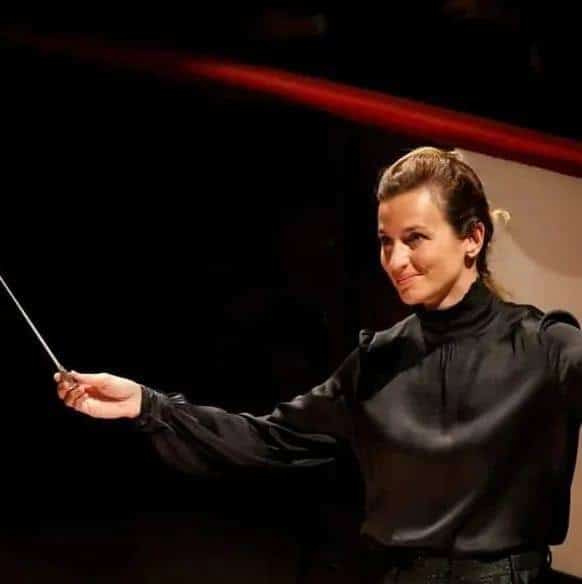Lies, damned lies and… record charts
mainMy first university lecture in Sociology, long ago, dealt with the official abuse of data and quoted Mark Twain’s famous aphorism (which he attributed dubiously to Benjamin Disraeli): ‘There are lies, damned lies and statistics’.
The account of UK classical record sales in 2009 from the British Phonographic Industry (BPI) calls that admonition gloomily to mind. If you believe the BPI, two Universal labels now command more than half the UK market. Deutsche Grammophon and Decca have a combined 58 percent share, way ahead of plummeting rival EMI, which is down to 9.2%.
But that depends what you call ‘classical’. The BPI counts as classical pretty much anything that comes its way from major classical labels – including Katherine Jenkins’ pop smooch, TV talent show winners, Bryn Terfel singing Andrew Lloyd Webber, Il Divo, Sarah Brightman and the Band of the Coldstream Guards. All a label has to do is label a title Now That’s What I Call Classical, and into the stats it goes.
The real market is rather different. While DG and tacked-on Decca have gone on an all-out grab for overnight sensations, EMI Classics has reclaimed the classical high ground with a list that is free of gimmicks and, at times, ear-prickingly original. It has a raft of new stars in Natalie Dessay, Kate Royal and Philippe Jaroussky and it is signing them young and longterm. It is, in other words, behaving like a classical label.
So why has it lost market share? Fact: it hasn’t. On the classical side, EMI’s figures are looking so good that (I gather) parent hedge fund Terra Firma has given the go-ahead for further signings. There is a discernable bounce feeling at EMI, and that doesn’t come from trailing in the charts.
Overall, consumer habits are changing and the BPI-rated classical share of a shrinking UK market is down to just over 3 percent, little more a quarter of where it stood in the 1990s CD boom. But making a living in classical music is about building audience loyalty. You don’t get that from TV constests, from Andre Rieu or even from Kathleen Jenkins sings for our boys in Afghanistan. There are many reasons why Lang Lang quit Deutsche Grammophon, but one of them is that its former prestige as a classical label no longer counts for much.





let’s have a Sin Bin for artists we’d like to throttle kicking off with
anything advertised on TV: especially if using emotional blackmail vis our boys in Iraq or cute choirboys;
anything heavily promoted by Classic FM, sorry, but Howard Goodall is up there,don’t care how if he’s music’s Jamie Oliver in education terms; Faryl, Lang Lang, anything to do with ITV’s How to become an opera star, Angela Georgiu waving to her fans constantly….someone else pick up the thread, I need a cup of tea